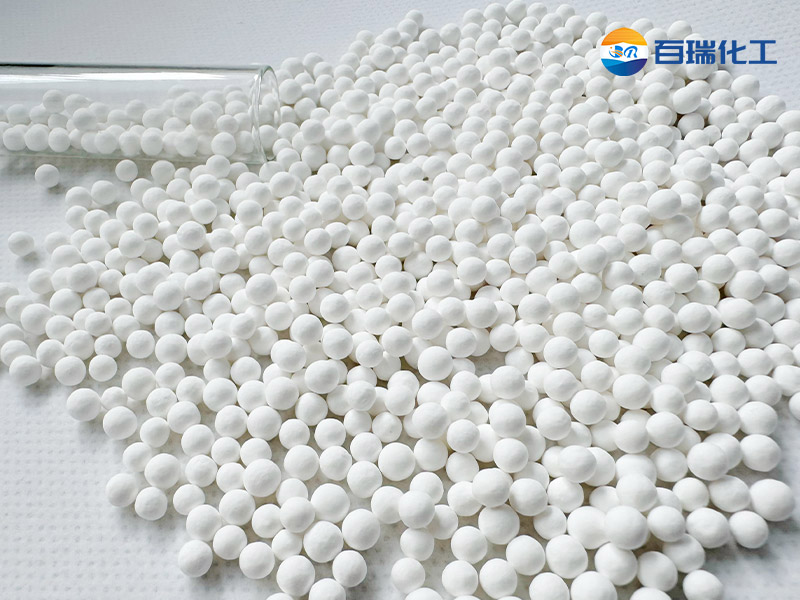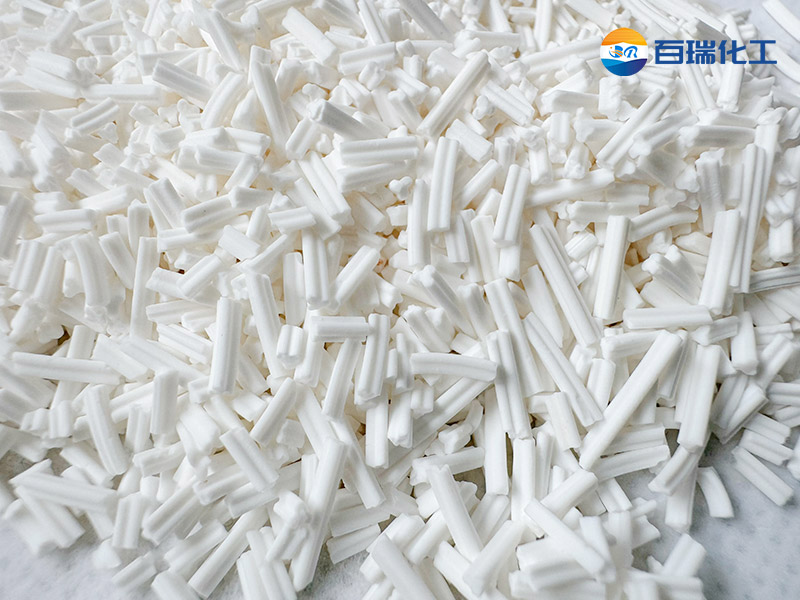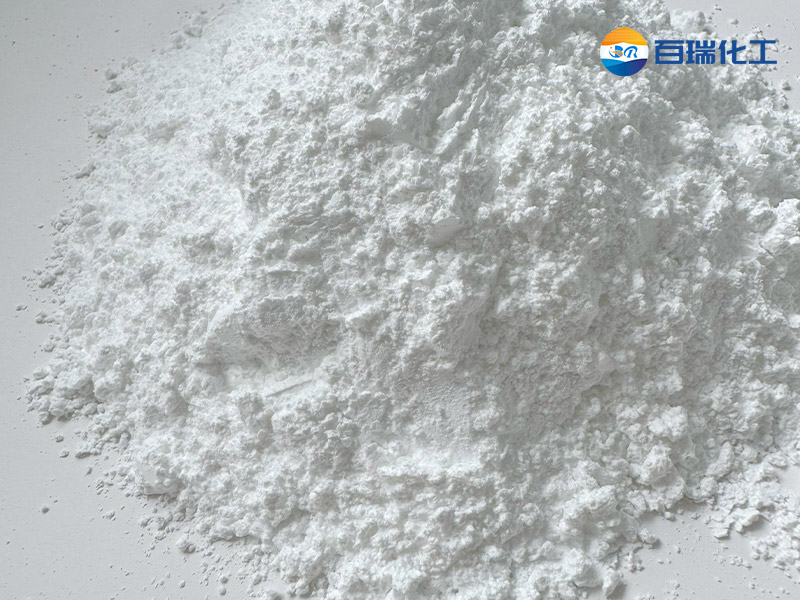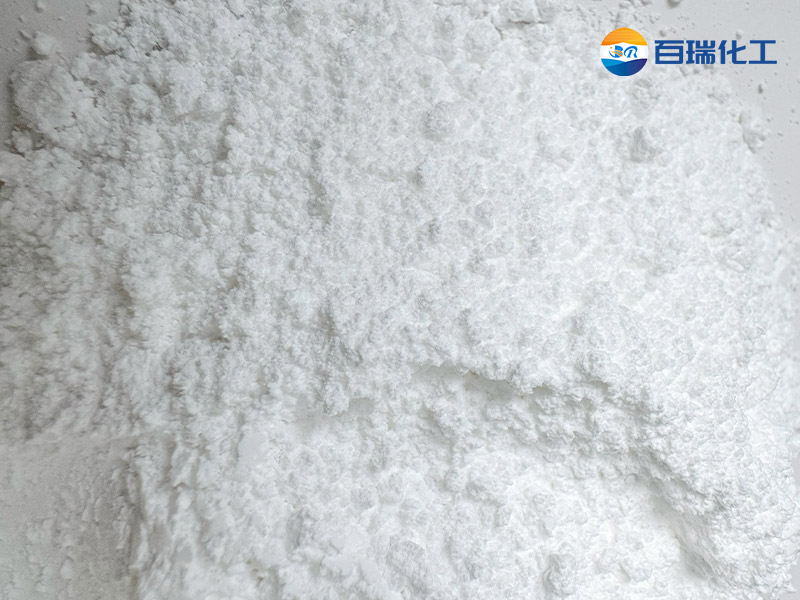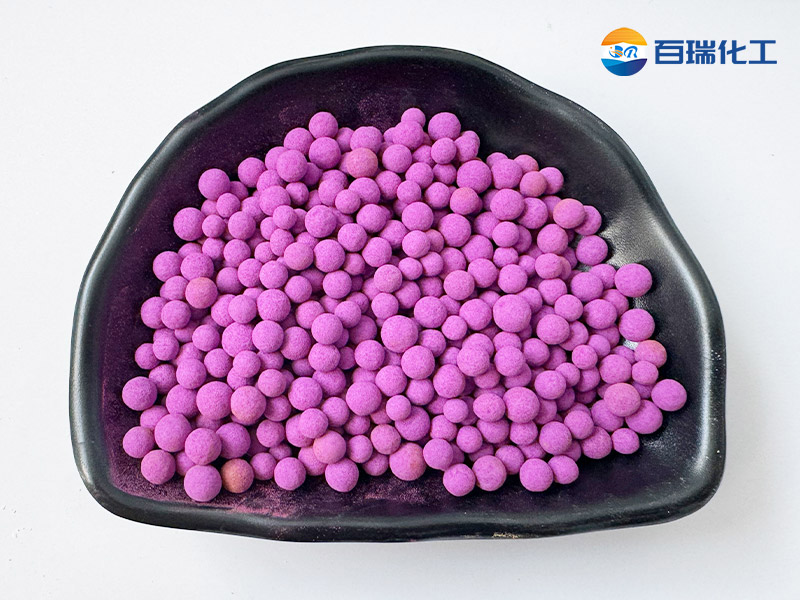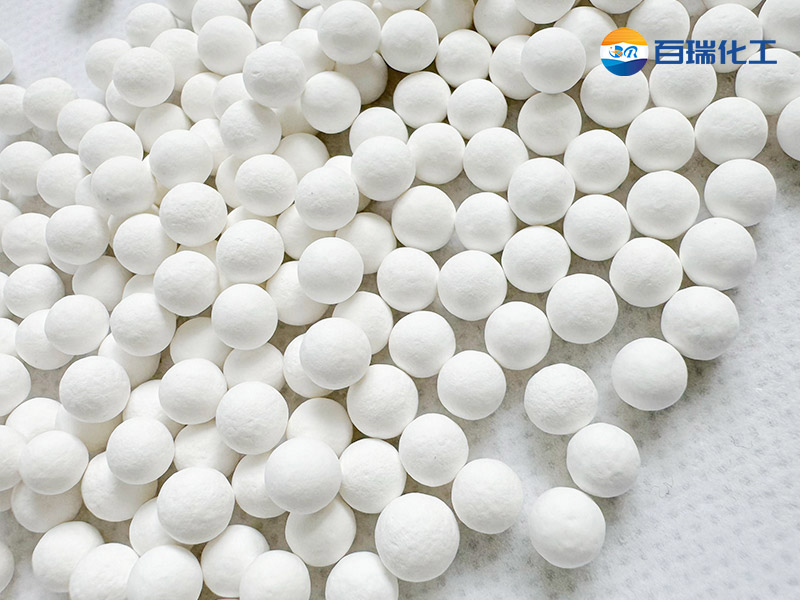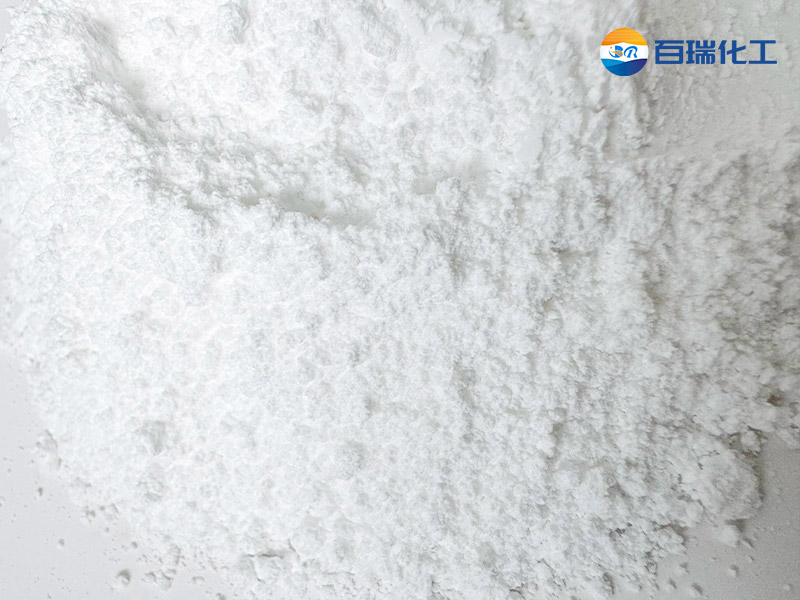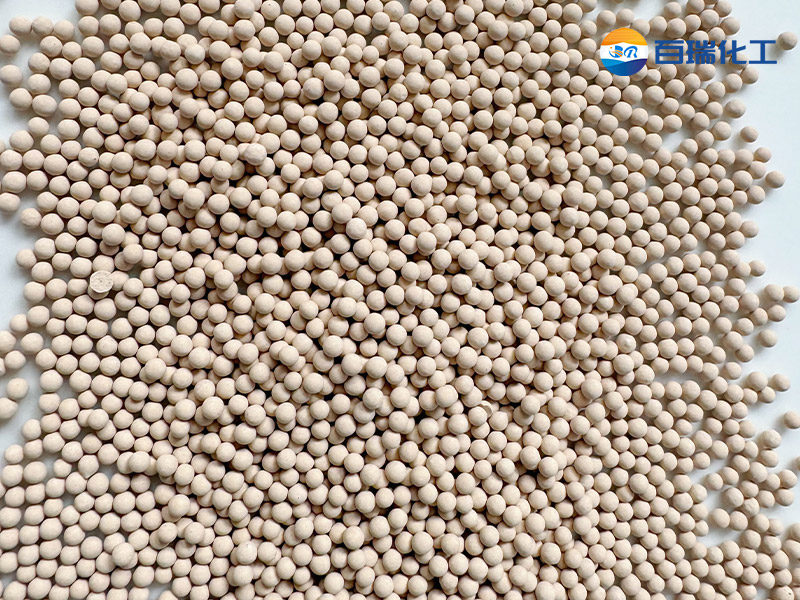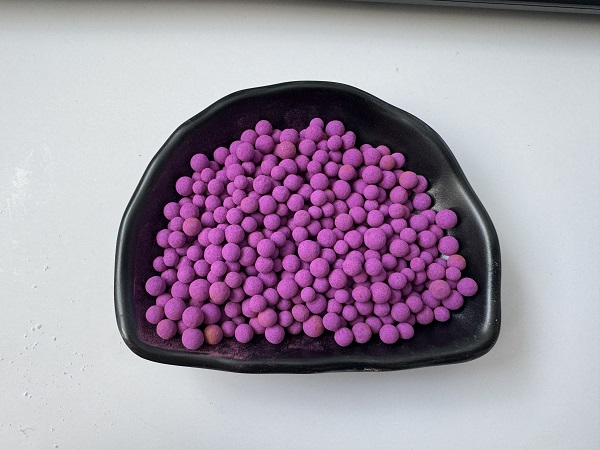Alumina, a widely used catalyst support material, holds a key position in industrial catalysis. Its unique physicochemical properties make it an ideal support for a wide range of catalytic reactions.
Excellent Physical Properties
Alumina's high surface area and suitable pore structure provide ideal conditions for the dispersion of active components. Its porous nature not only increases the contact between reactants and active sites but also effectively promotes mass transfer.
Excellent Chemical Stability
Under most reaction conditions, alumina exhibits excellent chemical inertness and does not undergo unwanted side reactions with active components or reactants. It tolerates a wide range of pH and temperature conditions, maintaining structural stability particularly at high temperatures, making it an ideal support material for high-temperature catalytic reactions.
Excellent Mechanical Strength
Alumina supports possess high mechanical strength and wear resistance, capable of withstanding the mechanical stresses of industrial reactors and reducing catalyst wear and breakage during operation. This characteristic is particularly important in applications requiring high pressure, such as fixed-bed reactors, where it can significantly extend the catalyst's service life.
Rich Surface Chemical Properties
The acid-base properties of alumina's surface can be tailored to meet specific needs. Alumina not only serves as an inert support but can also directly participate in catalytic reactions through surface modification. The abundant hydroxyl groups on its surface provide ideal anchoring sites for active components, helping to establish highly stable catalytic centers. This unique surface chemical property promotes strong bonding between alumina and various metals and metal oxides, effectively inhibiting aggregation and sintering of active components during reactions and maintaining long-term stability of catalytic activity.
Economical
As a mature industrially produced material, alumina offers the advantages of a wide range of raw material sources and relatively low production costs. Its preparation process has been optimized over a long period of time, enabling large-scale, stable production and meeting the stringent requirements for material consistency and reliability in industrial catalysis.
Wide Applications
From petroleum refining to environmental protection, from fine chemicals to energy conversion, alumina supports cover nearly all major catalytic fields. It can support both precious metals for hydrogenation reactions and transition metal oxides for oxidation processes, demonstrating its exceptional versatility.
Thus, alumina, with its comprehensive performance advantages, has established an irreplaceable position in the catalyst support field. If you have any needs for alumina catalyst carriers, please contact us! Zibo Xiangrun will serve you wholeheartedly.


